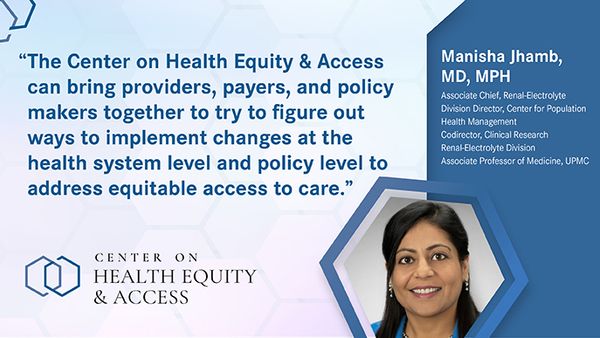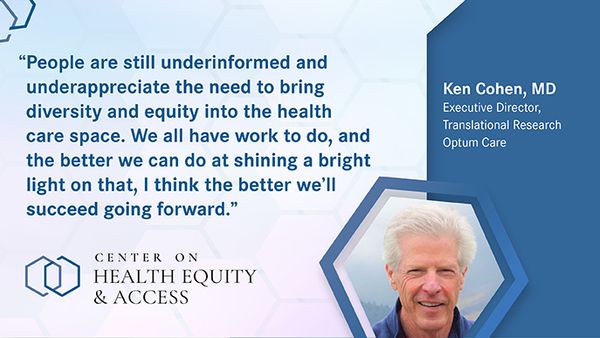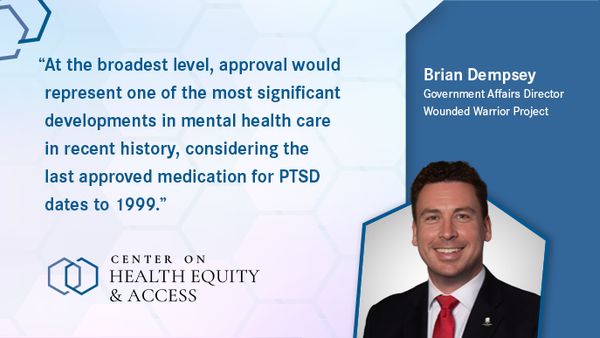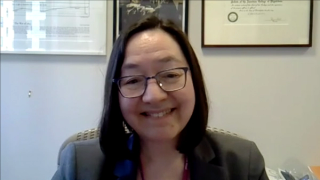
Center on Health Equity & Access
Latest News

Latest Videos

More News

Caroline Vovan, PharmD, CDE, emphasized the expanding role of ambulatory clinical pharmacists in value-based care.

Ambulatory clinical pharmacists improve patient outcomes and reduce health care costs by providing hands-on chronic disease management, patient education, and medication cost oversight, according to Caroline Vovan, PharmD, CDE.
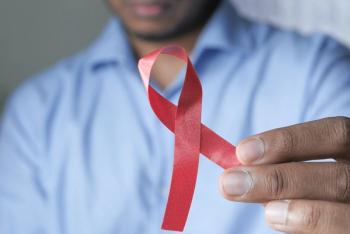
HIV care and its related outcomes in South Carolina were defined by racial disparities, specifically in retention in care, despite efforts to end the HIV epidemic.

These interviews are the top episodes, by listens, from among the 21 podcast episodes The American Journal of Managed Care® produced over the first half of 2025. Give them all another listen, and perhaps learn something new.

States participating in the Cell and Gene Therapy (CGT) Access Model will be testing outcomes-based payments for sickle cell disease treatments.

National Minority Mental Health Month emphasizes the persistent mental health disparities among US racial and ethnic minorities, stemming from lower access to services, lack of culturally competent providers, discrimination, and medical mistrust, underscoring the need for dedicated resources and community action.

Caroline Vovan, PharmD, CDE, highlights how ambulatory clinical pharmacists contribute to value-based care by managing chronic conditions, improving medication adherence, and reducing costs.
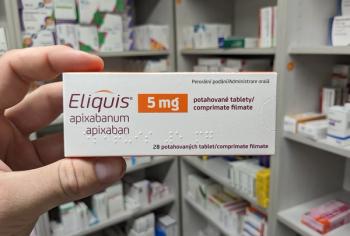
Apixaban would still cost patients 9 times more through the Eliquis 360 Support program than with commercial insurance.

The new Blueprint for Patient-Centered Value Research offers a roadmap for embedding patient voices throughout every stage of the research journey to foster more equitable, transparent, and responsive health care systems.

Tabby Khan, MD, MPH, senior director of Analytics at Komodo Health, calls for increased lung cancer screening measures and criteria to address underreported, at-risk populations like AAPI women.

Access to obstetric care declined across the US, especially in rural areas, with more than 7 states seeing more than 25% of hospitals lose obstetric services from 2010 to 2022.

New research demonstrates a swift directional relationship between food insecurity and increased anxiety and depression, highlighting the urgent need for interventions to improve mental health.
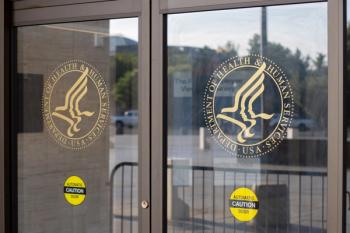
Adam Colborn, JD, associate vice president of congressional affairs at AMCP, shares insights on the impact of the Most Favored Nation drug pricing order when it comes to access, affordability, and innovations in US health care.

The CMS Bundled Payment for Care Improvement (BPCI) Advanced model was successful at reducing spending for outpatient procedures for patients receiving back and neck except spinal fusion treatments or procedures.

Robert Kratzke, MD, urged insurance providers to prioritize fast biomarker testing in non–small cell lung cancer, saying it’s both cost-effective and life-saving.

Jayme Ambrose, DNP, RN, CCM, of Adobe Population Health, explores how addressing social determinants of health transforms maternal care delivery, reduces disparities, and improves outcomes for mothers and infants.
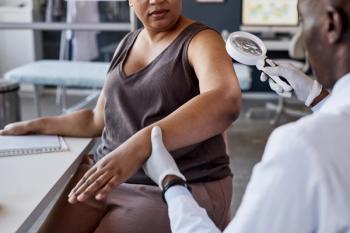
A new trial finds guselkumab is highly effective and well tolerated for moderate to severe scalp psoriasis in individuals with diverse skin tones.

Europe seizes leadership in global health as US funding cuts create disparities, HHS is sued by multiple medical groups, and new findings highlight gaps in care.

Racial disparities in childhood obesity have risen due to social determinants, food insecurity, and systemic barriers, impacting minority communities across the US.

The Trump administration's policies reshape global health dynamics, presenting Europe with both challenges and opportunities for leadership in health governance.

New research reveals critical gaps in treatment for advanced non–small cell lung cancer (NSCLC), emphasizing the need for innovative therapies to improve patient outcomes.

The aim of the study was to not only observe the disparities exacerbated by the COVID-19 pandemic but also to draw attention to the issue to drive real, lasting change.

Significant demographic differences were found when evaluating the use of depression services in people living with HIV and depression.

Significant gaps in arthritis subtype awareness among US adults underscore the need for improved health literacy and more targeted public health efforts.

The global burden of pulmonary arterial hypertension (PAH) remains great, with cases jumping 85.6% in 32 years.




